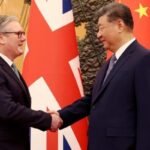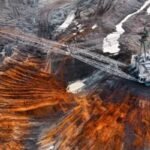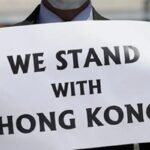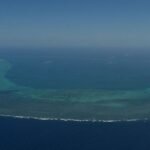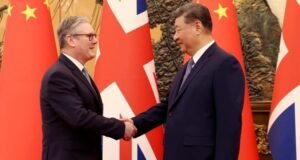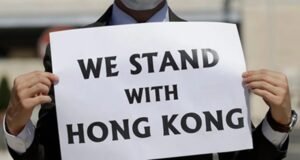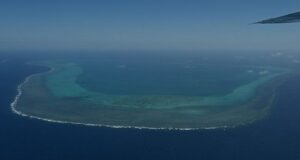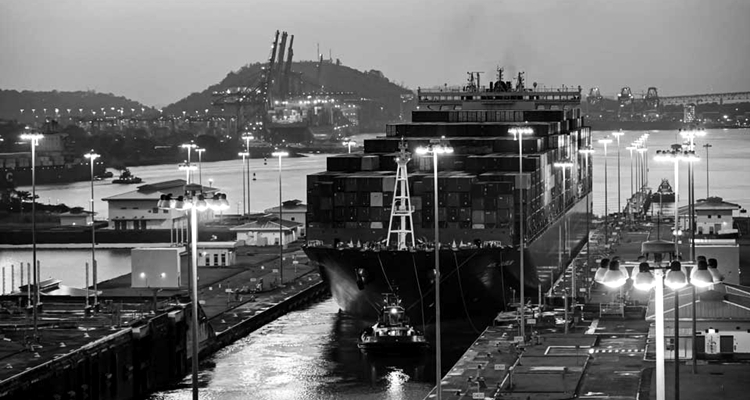
By hassling CK Hutchison Holdings, China is apparently delaying Hutchison’s sale of two ports near the Panama Canal and many other ports around the world to BlackRock.
The sale was supposed to have been completed by April 2, 2025. Now, though, “the companies involved require more time to finalize formalities, including due diligence” (“CK Hutchison Delays Panama Ports Sale Amid Political Pressure,” Pinnacle Gazette, March 29, 2025).
The sale, which involves the ports of Balboa and Cristobal, was initially announced earlier this month and is part of a broader agreement that includes the acquisition of 90 percent of Panama Ports Company and 80 percent of CK Hutchison’s interest in 43 ports across 23 countries. If completed, this transaction could generate over $19 billion in cash for CK Hutchison, which has operated the Panama facilities since 1998 and secured a 25-year extension in 2021.
Critics of the sale by Hong Kong–based Hutchison have blasted it as a “betrayal of all Chinese people,” “spineless,” “groveling”—likely speaking with the approval of the Chinese Communist Party, which anyway reprinted the attack. And now the Chinese government is following up on the denunciation with an antitrust investigation (Financial Ties, March 29, 2025).
China’s antitrust regulator has said it will review the sale of two ports on the Panama Canal by Hong Kong’s CK Hutchison to a consortium led by BlackRock, adding to uncertainty around the geopolitically sensitive deal….
China’s State Administration for Market Regulation published comments on its website on Friday saying it was aware of the deal and would “review it in accordance with the law to protect fair competition in the market and safeguard the public interest”….
It is unusual for a Chinese state agency to review a deal involving a Hong Kong-based company. CK Hutchison’s holding company is incorporated in the Cayman Islands and the conglomerate’s ports in China are excluded from the sale.
The “public interest” being whatever the CCP declares it to be and its dissatisfaction with the sale having become evident, the chances that the sale will go through seem to have dimmed considerably.
The reporter’s statement about how “unusual” it is “for a Chinese state agency to review a deal involving a Hong Kong-based company” is anachronistic. As soon as the mainland government imposed the first National Security Law on Hong Kong, in 2020, what remained of the city’s political independence began to be obliterated.
